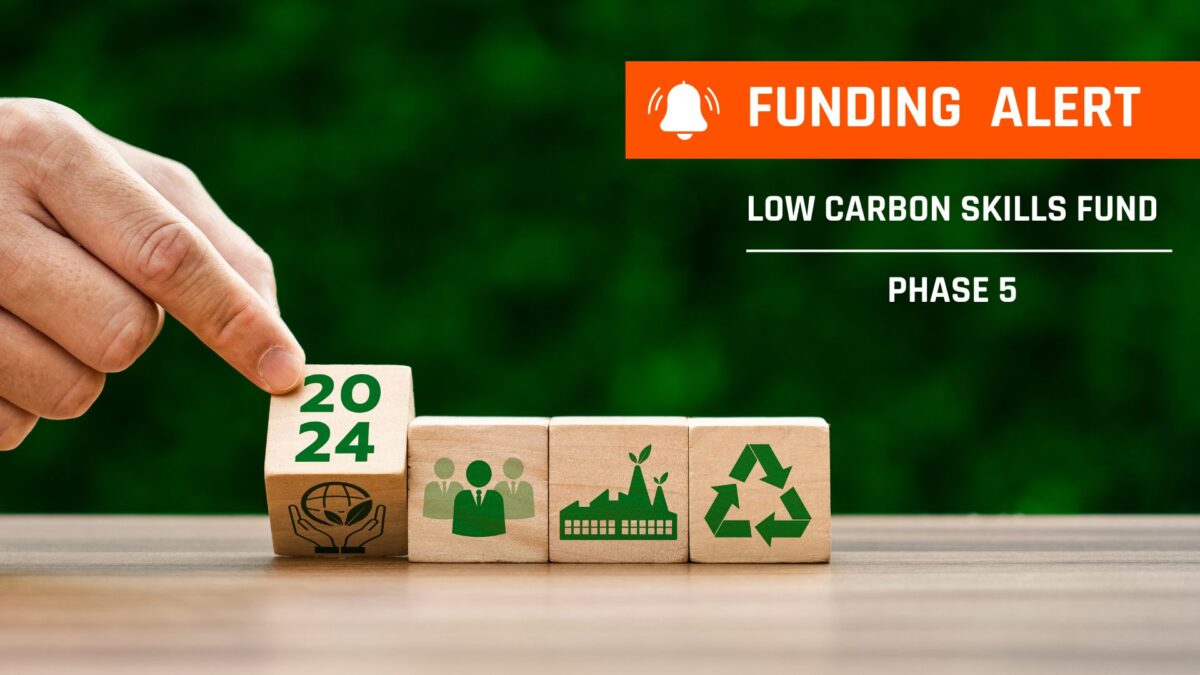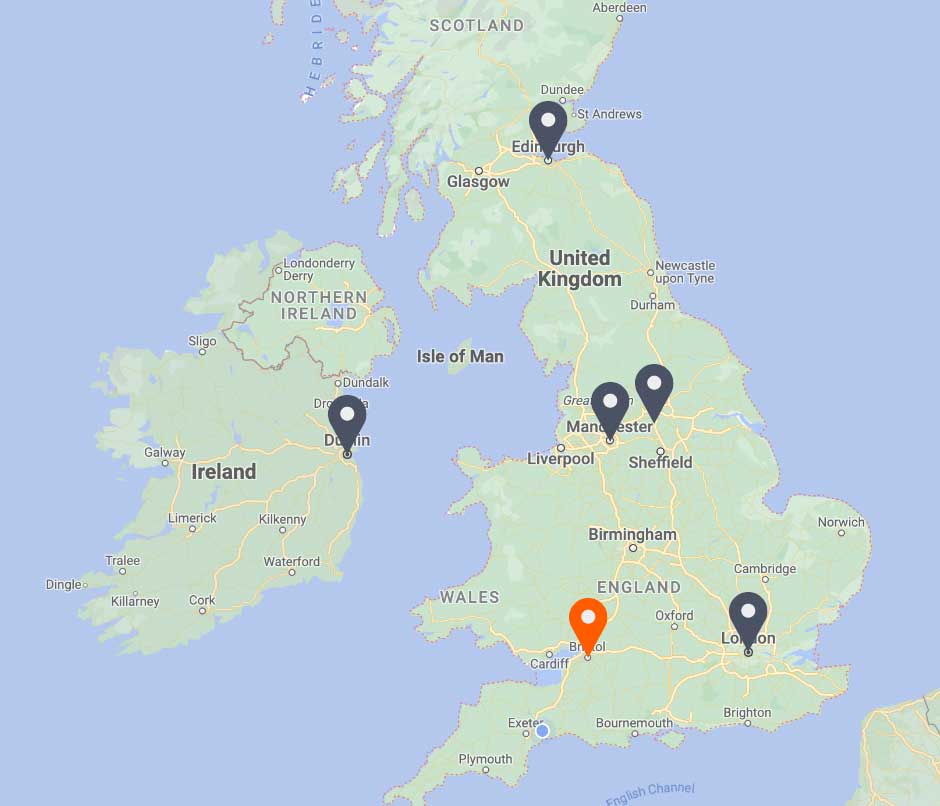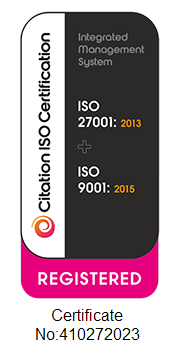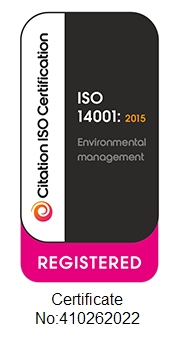THIS ARTICLE AT A GLANCE
CONTACT ETS
If you have any questions or would like to discuss further what you should be doing, ETS is here and willing to help.
Call 0117 205 0542
Email enquiries@energy-ts.com
Submit a contact form
CHECK OUR SERVICES
THE NET- ZERO FUTURE

Net Zero is becoming an increasingly popular concept as individuals and organizations are seeking ways to emit less carbon than they intake, thereby reducing their carbon footprint. This helps to ensure that national carbon emission reduction targets of 68% and 78% by 2030 and 2035 respectively, compared to 1990 levels, are met.
By 2030 all new buildings will be required to operate at net zero to meet climate change targets and the UK government has introduced the Future Building standards which offer guidance on high efficiency energy and ventilation in non-domestic buildings and homes. The new regulations target a 30% carbon emission reduction in new buildings and a 27% reduction in existing buildings. It is left for organizations to comply with these standards and doing so is smart energy management. This does not only benefit the environment but can benefit businesses by reducing energy inefficiencies and costs. It could also be a competitive advantage when compared with companies that have no low carbon targets or net-zero strategies in place.
The pathway to achieving Net-zero
The pathway to achieving net-zero carbon is by identifying your carbon footprint and reducing your energy use. This must be regularly reported and verified, and your existing system reviewed at least every 5 years to ensure you are on track to meeting your targets and strengthen commitment.
According to the Chartered Institute of Building Services Engineers (CIBSE) achieving net-zero operational carbon in your building can be done by accessing, monitoring, verifying, and reducing the embodied carbon. This is the whole life-cycle carbon (WLC) emission resulting from the materials, construction, and the use of a building over its entire life, including its demolition and disposal. It provides a robust picture of the building’s impact on the environment.
Energy inputs and outputs from power systems also need to be accessed, monitored and verified. Organizations can take advantage of the existing framework such as the Energy Saving Opportunity Scheme if available as a plan to achieve net-zero.
Using low carbon energy supply for heating and hot water and maximizing the use of on-site renewable or finding the zero-carbon balance by investing in additional renewable energy capacity off-site is another step to reducing you’re your carbon footprint.
Lastly, continual measurement and verification of data and performance need to be ensured for a recognizable, sustainable & auditable energy management system. Policies and strategies need to be reviewed to ensure that the energy management system is meeting regulatory standar
ETS helping you along the path
At ETS, we can guide you along the pathway to achieving your low carbon or net-zero targets by accessing, monitoring, verifying and reducing your energy use and hence your carbon emissions and we have a smart energy management process in place to do this. We have the team and resources to audit your energy management systems to meet compliance standards. Some members of our team are ESOS certified which is a scheme that can be quickly used to develop your net-zero strategy.
Final thoughts
If you are looking for an energy management system that is tailored to your business needs, ETS can provide you with 25 years of experience in dramatically improving energy efficiency and reducing environmental impacts. Whether your businesses have individual assets or large international portfolios, ETS can assist you in saving substantial amounts of money while significantly reducing your carbon performance.
To discuss your requirements, get in touch. You can contact us by calling 0117 205 0542 or drop us an email at enquiries@energy-ts.com.
Related Article
Earth Day 2024
Earth Day represents a vital reminder of our planet’s fragility and the importance of preserving its natural resources for future generations. It’s a time to unite to combat climate change, protect ecosystems, and promote environmental stewardship.
Low Carbon Skills Fund Phase 5 secures £16 million (Public sector)
Low Carbon Skills Fund Phase 5 has been announced for the new financial year 2024 to 2025. With £16 million of funding available, public sector organisations in England now have the opportunity to harness the technical skills and expertise needed to develop robust heat decarbonisation plans that will pave the way for Net Zero.
Building Optimisation & BMS Controls during the Summer
Building Resilience for Extreme Weather with ETS Solutions Unprecedented effects of climate change are on the rise and in evidence, where extreme heatwaves and wildfires have occurred in Southern Europe







































































